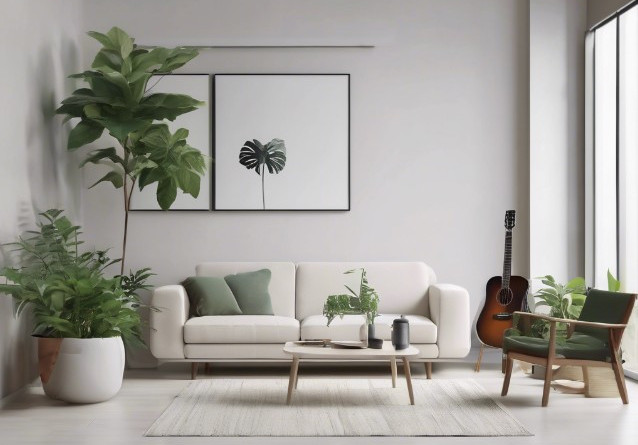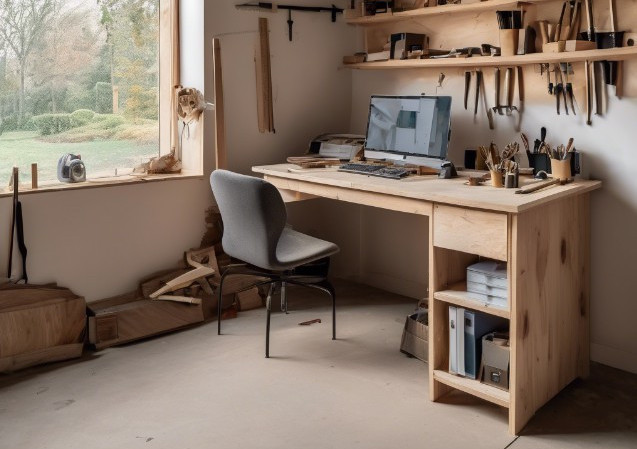Minimalism
A path to simplicity, wellness and emotional healing
Minimalism is a lifestyle philosophy centred around intentional living - prioritising what truly adds value to one’s life while eliminating excess. It is not about deprivation but rather about curating an environment that fosters clarity, purpose, and well-being. By reducing physical and mental clutter, minimalism allows individuals to focus on what genuinely enriches their lives, whether that be relationships, personal growth, or experiences.
Minimalism and Wellness
Minimalism is deeply linked to mental, emotional, and even physical wellness. Research has shown that cluttered environments can contribute to stress, anxiety, and decision fatigue, while a streamlined space promotes a sense of calm and focus. A minimalist lifestyle encourages mindful consumption, reducing the impulse to seek happiness through material possessions and instead fostering fulfilment through meaningful activities and self-care.
For many, minimalism becomes a tool for emotional healing. Letting go of unnecessary belongings often involves confronting sentimental attachments, past traumas, and societal conditioning around materialism. By releasing these attachments, individuals can experience a greater sense of emotional freedom, resilience, and self-awareness.
Scarcity vs. Abundance Mindset
A key psychological shift that minimalism encourages is moving from a scarcity mindset to an abundance mindset. A scarcity mindset is rooted in fear of lack, leading individuals to hoard possessions, overconsume, or attach emotional security to material things. In contrast, an abundance mindset fosters the belief that we already have enough and that fulfillment comes from experiences, relationships, and well-being rather than accumulation.
By embracing minimalism, individuals can break free from the cycle of chasing more and instead cultivate gratitude, contentment, and confidence in what they already have.
A Personalised Approach to Minimalism
Minimalism is not a one-size-fits-all concept; it looks different in every home. While some may embrace a spacious, almost bare aesthetic, others may prefer a warm, curated environment filled with a select number of meaningful possessions. The key is intentionality - designing a living space that aligns with one’s values, needs, and aspirations.
For some, minimalism might mean living with only the essentials, while for others, it may simply involve reducing excess and maintaining a home that feels calm, functional, and inspiring. It is about creating a space that supports well-being rather than overwhelms it.


Minimalism is ultimately about freedom - freedom from clutter, stress, unnecessary obligations, and the relentless pursuit of more. It fosters a lifestyle where individuals can focus on what truly matters, whether that be relationships, creativity, self-care, or personal growth. By embracing minimalism, individuals can cultivate greater peace, emotional balance, and fulfilment in both their homes and their lives. You can read about my own journey to minimalism here.